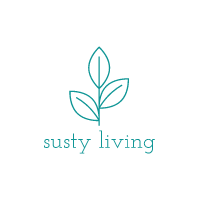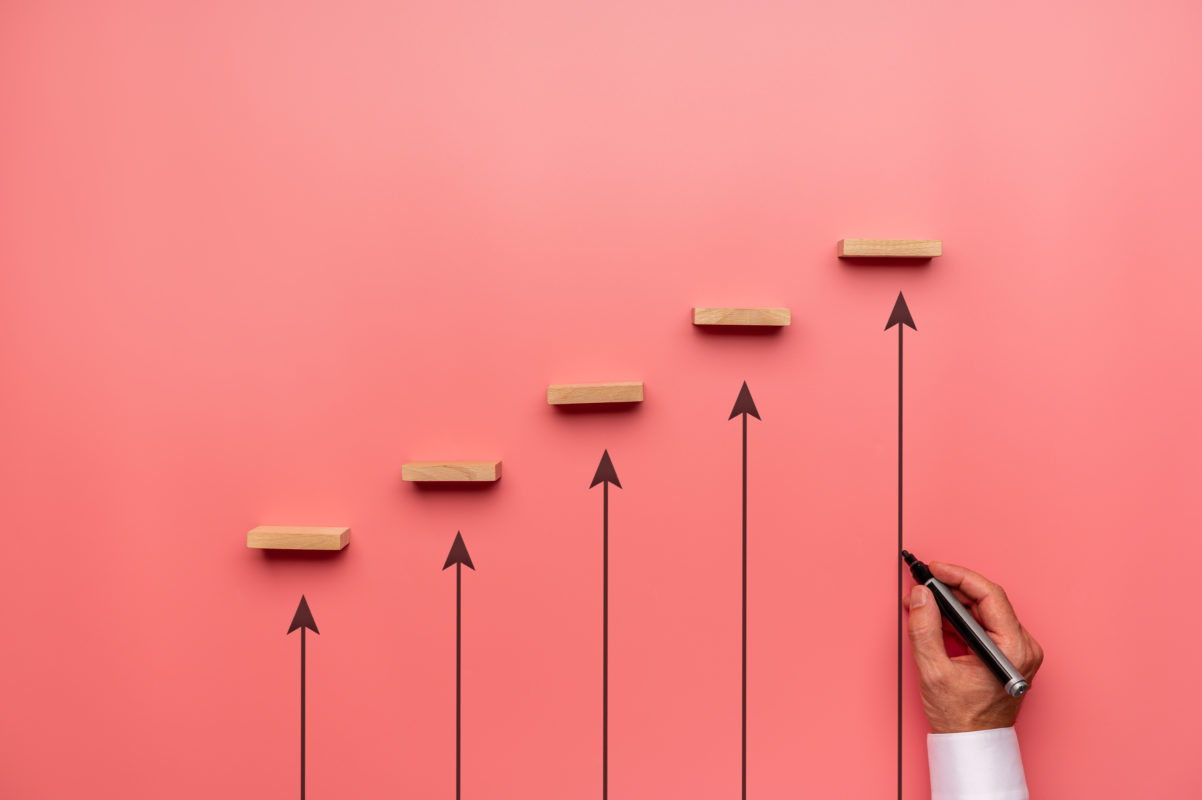Sustainable development is a concept that aims to meet the needs of the present without compromising the ability of future generations to meet their own needs. It is a holistic approach that considers economic, social, and environmental aspects and seeks to balance them in a way that ensures the well-being of all people, now and in the future.
The importance of sustainable development lies in the fact that the world is facing multiple crises such as climate change, poverty, and inequality, and these crises have a disproportionate impact on the most vulnerable populations.
Most people would agree that sustainability is a great concept, and the Sustainable Development Goals set by the UN should be achieved to make the world a better place. There is a tendency, however, to think that these goals should be achieve by those who are in power: international organizations, such as the European Union or the UN, governments, and corporations. This is of course partly true: we need policies, structural support, and corporate social responsibility. However, global change requires global action, meaning that to achieve the SDGs individuals should also change their lifestyle and everyday choices.
The big question is: how we as experts working in the field of adult education can contribute?
Adult education plays a crucial role in promoting sustainable development. We can provide our learners with the knowledge, skills, and attitudes necessary to make informed decisions and take action in support of sustainable development. Through our actions we can help to raise awareness and understanding of sustainable development among the general population and provide the necessary skills for individuals to participate in sustainable development activities in their communities.
Unfortunately, this is easier said than done. There are several barriers to the integration of sustainable development in adult education, such as:
- Lack of awareness and understanding of sustainable development among adult educators
- Insufficient funding and resources for adult education programs
- Limited access to adult education for marginalized groups
- Lack of focus on sustainable development in policy and decision-making
- Limited support from government and private sector
These are just some of the most pressing challenges we, as educators, as facing when it comes to promoting sustainable development and supporting our learners in the process of building a more sustainable lifestyle.
To address some of these challenges, we created a consortium of partners (NGOs from Poland, Greece, and Italy) and developed “Adult Education for Sustainable Living” – an Erasmus + KA2 project in the field of adult education. In the framework of the project we developed a list of strategies that can be incorporated in order to become more effective when it comes to promoting sustainable development among adult learners, especially those who are at risk of exclusion. The ideas for strategies include:
Incorporating sustainable development into adult education curricula
This involves integrating sustainable development education into the existing adult education curriculum, in order to raise awareness and understanding of sustainable development among adult learners.
Building capacity of adult educators to teach sustainable development
We need to create more opportunities for providing training and professional development for adult educators to learn about sustainable development and how to teach it.
Creating partnerships between adult education institutions and organizations working on sustainable development
Change requires cooperation that is why it is important that different organizations, such as NGOs, environmental groups, and community centers come together to develop and implement sustainable development education programs.
Encouraging sustainable development education in policy and decision-making
This involves involving stakeholders in policy making and decision-making to make sustainable development education a priority, and to ensure that it is integrated into adult education programs.
Using technology and digital resources to provide access to sustainable development education to diverse and remote learners
As educators we need to be open to new technologies and approaches to teaching in order to reach out to different beneficiaries and provide them with opportunities to learn in an engaging, creative way. This includes using online platforms, mobile apps, and other digital resources.
As a consortium of partners who developed Adult Education for Sustainable Living, we are incorporating the aforementioned strategies into our activities. The foreseen results of our project include:
- Online training for adult learners
- Training package for adult educators
Both of the results will include educational materials, such as videos, interviews with experts, background reading materials, interactive tasks and quizzes, as well as learning assessment tasks, so that our learners will receive a comprehensive educational package that will help them what SDGs are and gain skills necessary to put their knowledge in practice. In result they can start their journey towards becoming more active European Union citizens, bringing positive change in their communities and beyond.

